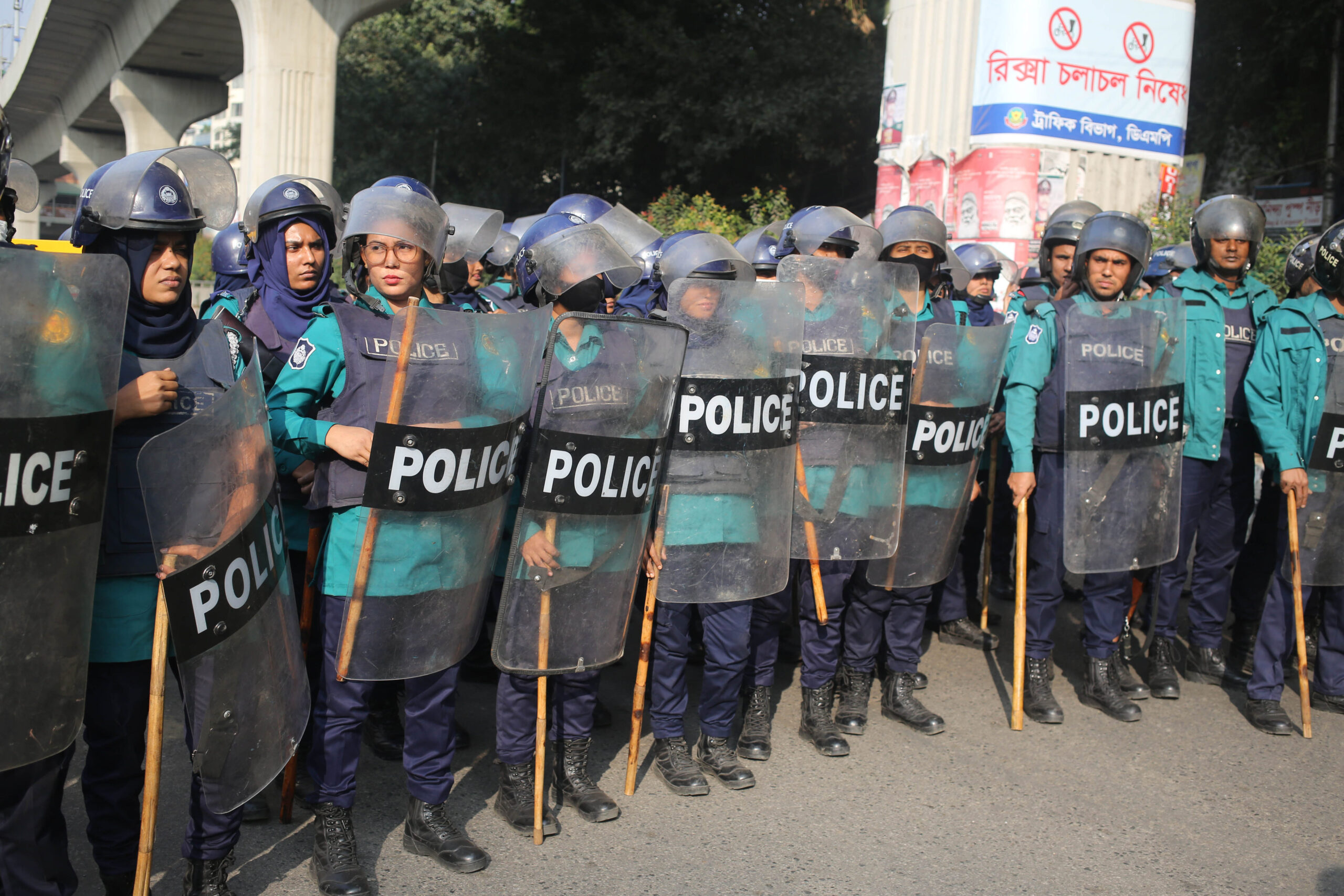Confusion and Chaos Surround Alleged Detention of Venezuelan Opposition Leader Maria Corina Machado
By [Your Name] | Date: [Current Date]
The Alarming Incident
On Thursday, aides of Venezuelan opposition leader María Corina Machado raised alarms over her alleged detention by government security forces, igniting international outrage and condemnation. However, this claim was quickly countered by official denials, creating a tumultuous scenario full of uncertainty during a day marked by protests against President Nicolás Maduro’s regime.
The chaotic nature of the incident began to unfold after Machado addressed a rally of supporters in eastern Caracas, passionately urging a united front against Maduro’s longstanding rule. Following her speech, she reportedly left the rally on a motorcycle, flanked by her security convoy, but what transpired after that is shrouded in confusion.
Conflicting Reports and International Reactions
At approximately 3:21 p.m. local time, Machado’s press team took to social media to declare that security forces had “violently intercepted” her convoy. Her aides later confirmed to *The Associated Press* that she had indeed been detained, prompting swift reactions from global leaders who demanded her immediate release.
However, the situation took a surprising turn about an hour later when a brief video surfaced online. In this 20-second clip, posted by a supporter of Maduro, Machado appeared to address the camera, stating in a hoarse voice that she had been followed after leaving the rally and had dropped her purse. “I’m good, I’m safe,” she assured viewers, adding with fervor, “Venezuela will be free.”
Machado’s team, however, later characterized the video as coerced and claimed that she had been released only after recording it. They went on to label the incident as a “kidnapping,” promising further revelations from Machado herself in the near future.
Official Denials
Amidst the chaos, Maduro’s allies outright denied that any detention had occurred. Communications Minister Freddy Ñáñez accused opposition figures of fabricating the story in an attempt to incite an international crisis, dismissing the accusations as “dirty tricks” executed by “the fascists.”
Prior to the incident, Machado had galvanized her supporters from atop a truck, declaring, “They wanted us to fight each other, but Venezuela is united. We are not afraid.” This sentiment captures the defiance that has characterized her leadership amidst ongoing political and economic turmoil in the country.
Political Landscape and Historical Context
Machado, a fierce critic of Maduro and a former lawmaker, has faced numerous challenges in her opposition efforts. The political climate in Venezuela has forced many opposition leaders to flee the country, yet Machado has remained resolute. Last year, she was barred from running against Maduro by a judiciary seen as beholden to the government, yet she endorsed retired diplomat Edmundo González as a candidate.
Reports verified by international observers indicated that González had decisively defeated Maduro in the elections, garnering over a two-to-one margin of victory. However, the Maduro-controlled National Electoral Council announced a different narrative, claiming Maduro as the victor while failing to provide detailed electoral records, exacerbating allegations of fraud.
The Response from the Opposition
In light of the Thursday incidents, González—recognized as Venezuela’s president-elect by the United States and other nations—called for Machado’s immediate release. “To security forces, I warn you: don’t play with fire,” he warned via a social media post from the Dominican Republic, where he was meeting with various high-ranking officials, including President Luis Abinader and several former Latin American leaders.
Despite relatively low turnout during the protests, called for by Machado, demonstrators displayed courage as they donned the colors of the Venezuelan flag—red, yellow, and blue. Many were senior citizens, who voiced their rejection of Maduro’s regime and recognized González’s legitimacy as the rightful president of the country.
Fear and Control in Venezuela
The atmosphere in Venezuela remains thick with fear, a sentiment echoed by many. A local vendor, Miguel Contrera, noted the dwindling crowd sizes, saying, “Of course, there’s fewer people. There’s fear.” His remarks reflect the reality of a nation where the government’s brutal crackdown on dissent has led many to avoid taking to the streets, exacerbated by over 2,000 arrests since the contentious elections in July.
Among those detained recently are prominent figures, including a former presidential candidate and a free speech advocate, underscoring the regime’s oppressive tactics. The regime’s reliance on security forces and pro-government armed groups, or “colectivos,” seems to suggest both a show of force and an acknowledgment of inherent vulnerability in maintaining control.
As Javier Corrales, a Latin American expert at Amherst College, points out, “It’s an impressive show of force but also a sign of weakness. Maduro is safe in office for now, but he and his allies know they are perpetuating a big lie and have no justification beyond brute force to maintain their power.”
The Role of International Observers
In stark contrast to the secrecy surrounding the government’s operations, the opposition has made strides in transparency by collecting and publishing tally sheets from 85% of electronic voting machines used in the last elections. These results align with international observers’ assessments, including experts from the United Nations and the Carter Center, who have verified the legitimacy of the opposition-released data despite the government’s attempts to discredit it.
The unfolding drama around María Corina Machado not only highlights the precarious state of Venezuelan politics but also the growing demands from both national and international communities for accountability, transparency, and a restoration of democratic processes in Venezuela.
This HTML document is structured with headings and sections that organize the article effectively, following journalistic style while remaining informative and engaging.
